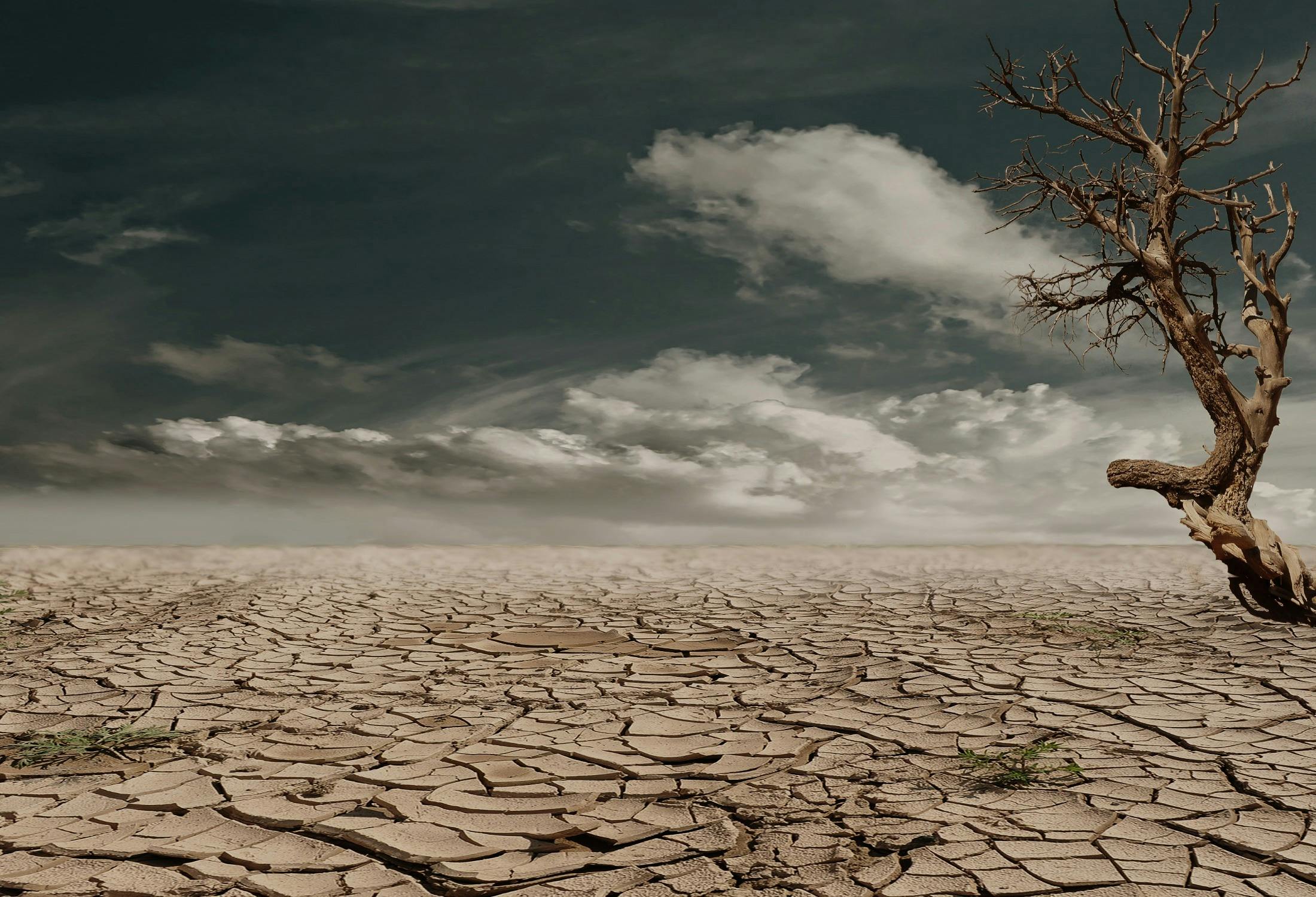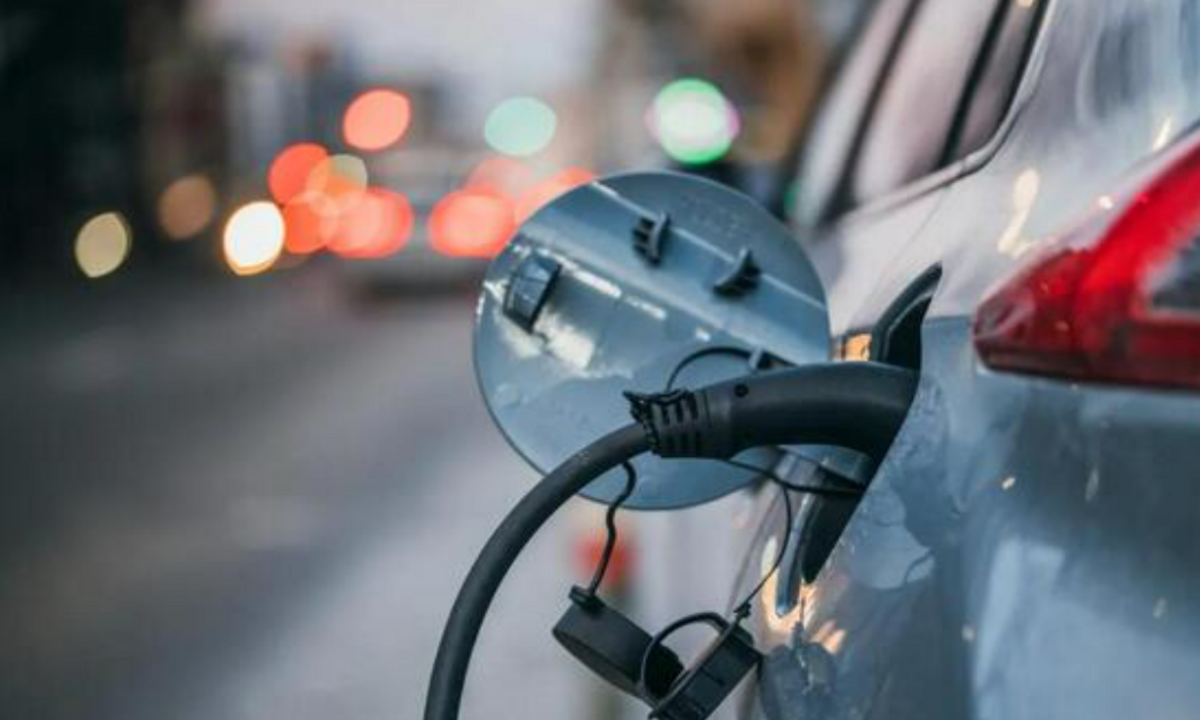The Klamath Basin in Oregon has received a huge boost with a new $50 million grant to help tackle the challenges caused by long-lasting drought. The funding, announced by U.S. Senators Jeff Merkley and Ron Wyden, is aimed at supporting local farmers, ranchers, and communities who are struggling due to the severe lack of water in the region.
What Will the Money Be Used For?
The $50 million will be distributed across several programs designed to improve water availability and support those most affected by the drought. Here’s a breakdown of how the funds will be spent:
- $25 Million for Klamath Project Drought Response Agency (KPDRA): This portion of the funding will help the KPDRA make agreements with farmers and ranchers, asking them to reduce their water use by not irrigating certain areas of their land. The agency will also promote new farming practices like planting grains in the fall instead of spring to conserve water.
- $10 Million for Reducing Water Use: Another $10 million will go toward encouraging local farmers and ranchers to cut down on the amount of water they use. The focus will be on areas that don’t need water for commercial purposes, like replacing grass on sports fields with more water-efficient landscaping.
- $8 Million for Wildlife Programs: Part of the funding will support wildlife initiatives, which are crucial for preserving the region’s delicate ecosystems.
- $7 Million for Fish Protection Projects: The remaining funds will be used to support fish protection efforts, including planning projects at the Keno and Link River Dams. These projects are aimed at protecting fish populations in the area.
Why Is This Funding Important?
The Klamath Basin has been facing years of drought, which has taken a heavy toll on the environment, local communities, and the economy. Water is essential not only for farming but also for wildlife, fish, and the everyday life of people who live in the area. With the ongoing drought, there has been a shortage of water for irrigation, which has made it even harder for farmers to grow crops and for ranchers to raise livestock.
By providing these funds, the government aims to help alleviate the situation. These investments will help to ensure that there is enough water for everyone, from farmers to fish, and help the region’s unique ecosystems thrive even in difficult conditions.
How Will the Grant Benefit the People in the Klamath Basin?
Senators Merkley and Wyden believe that this funding is a vital step toward ensuring the future of the Klamath Basin. The goal is to make the region’s water use more sustainable and ensure that there is enough water for everyone who depends on it.
For farmers and ranchers, this funding will provide an opportunity to work together with the KPDRA and other agencies to create long-term solutions to water shortages. By participating in water-saving programs, farmers can still keep their land productive without harming the environment.
For local communities, the funding also promises a more secure future, where the water supply is reliable and wildlife is protected. These efforts are expected to benefit not only the people who live in the area but also the broader ecosystem, helping to restore balance in the region.
What Are the Next Steps?
The funding is just the beginning of a larger effort to address the challenges posed by drought in the Klamath Basin. The hope is that these programs will be successful in reducing water use, improving irrigation practices, and ensuring that water is available for all the important parts of the ecosystem. As the situation continues to develop, further investments may be made to strengthen the drought resilience of the region and support sustainable farming and wildlife conservation efforts.
Senators Merkley and Wyden have promised to continue working with local communities and organizations to ensure that the Klamath Basin receives the support it needs to recover from the ongoing drought and prepare for future challenges.
(Source : kdrv.com)




